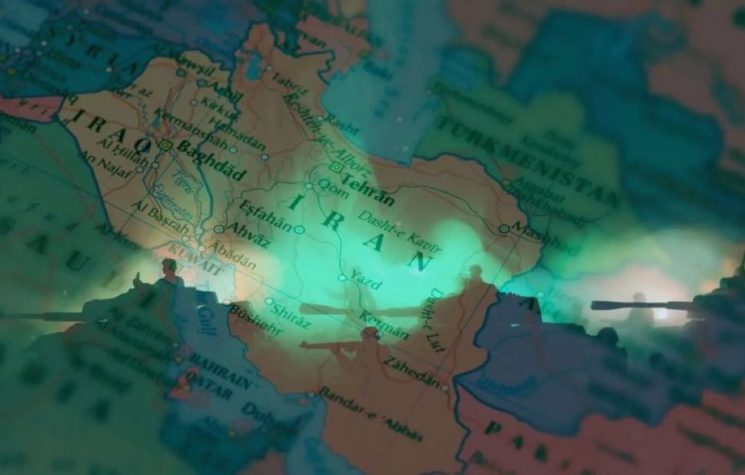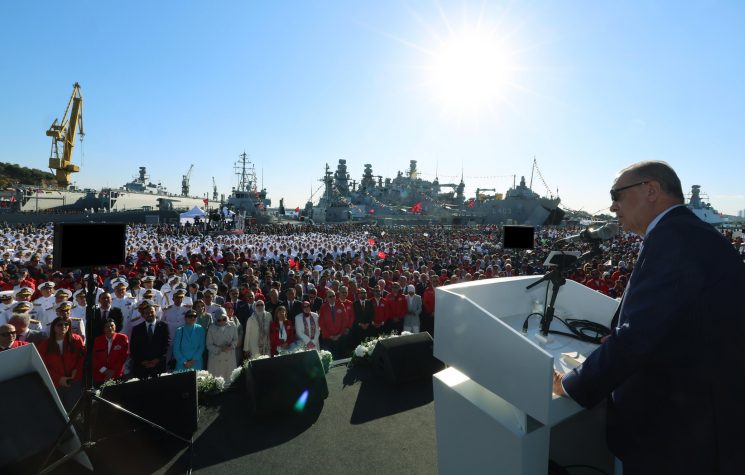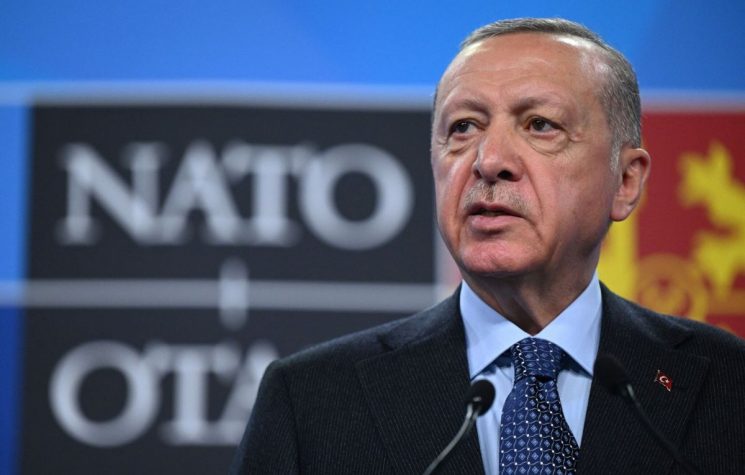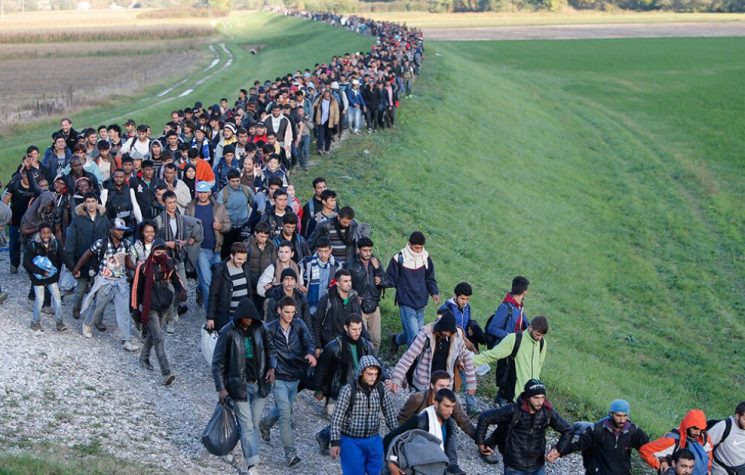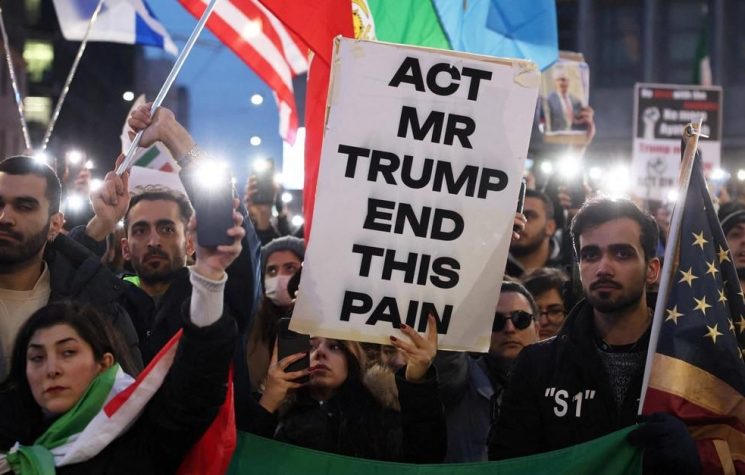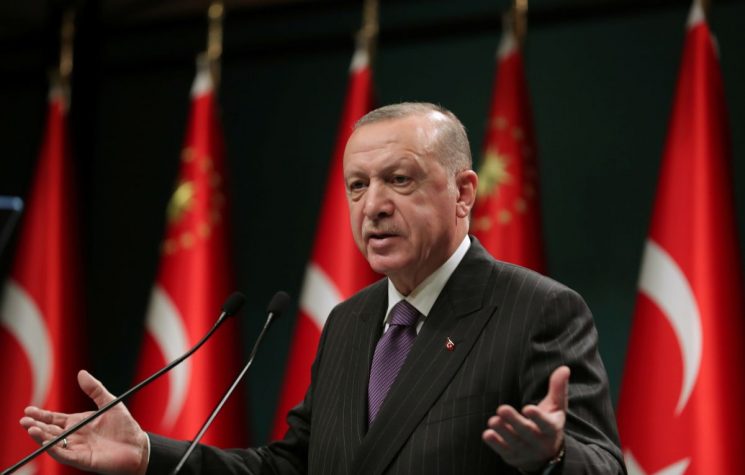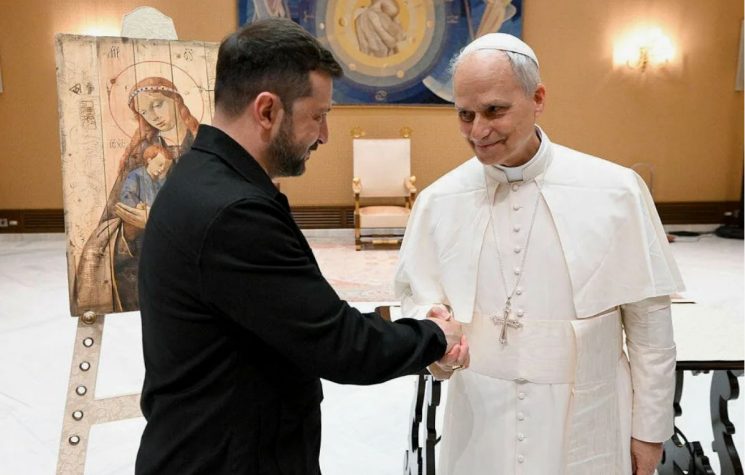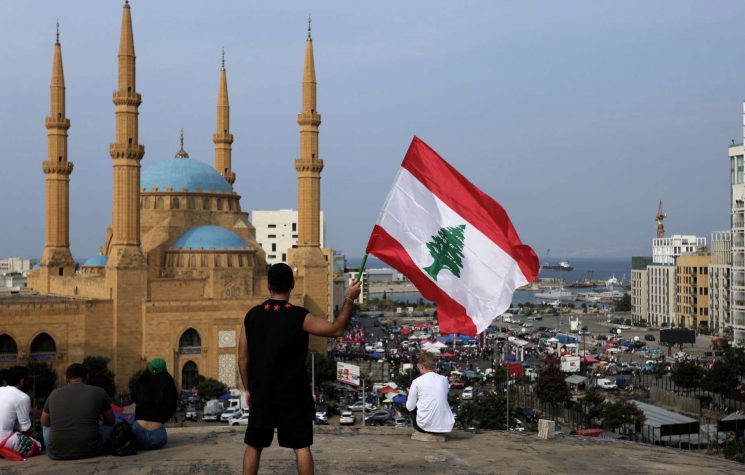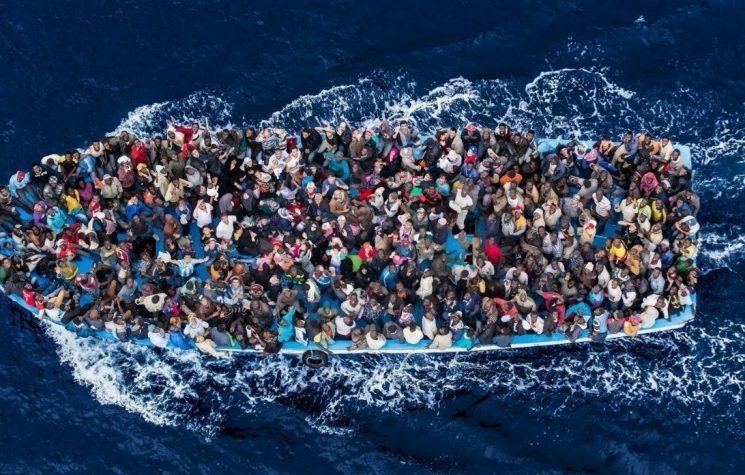The Turkish proposal for an Islamic Alliance against Israel is indeed a well-crafted idea, but politically and religiously problematic.
Contact us: info@strategic-culture.su
Khamenei takes control
As was to be expected – and as we had already covered a few weeks ago – the Turkish proposal for an Islamic Alliance against Israel is indeed a well-crafted idea, but politically and religiously problematic because Turkey is in a position of inconsistency with the sum of the Islamic world. Too much uncertainty, too much instability, too many bad experiences in the recent past, with the shadowy presence of NATO hovering over Ankara that never seems to go away, despite sensationalist proclamations.
The Zionist problem, however, has not yet been solved and will not be so easy to eradicate. The urgency can no longer be postponed when Israel is exterminating the Palestinian population with unpunished genocide, expanding the conflict to neighbouring states as well. The cause of Jerusalem as a holy city, the Al Quds of the Islamists, is too eschatologically compelling.
It is on these premises that the Supreme Guide of Iran’s Islamic Revolution, Ayatollah Ali Khamenei, successor to Ruhollah Khomeini, makes the difference.
Starting from the full moon of September, on the 28th day of the month of Shahrivar in the year 1403 according to the Persian calendar, on the 15th day of the month of Rabi Al-Awwal in the year 1446 according to Islam, leader Khamenei began to speak to the Islamic world, especially the Sunni world, with a very precise intent and with a strategy that is already clear and perfectly in tune with ancient Persian diplomatic wisdom: to unite Islam towards the same battle, the Jihad, to defeat the enemy of the Great Satan (USA+UK+Israel) and liberate the Holy Land. A mission that is proper to the entire Islamic world (and beyond). This is proposed not as a novelty of content, but as a novelty of modality. And it is no coincidence that this proposal comes now, a few weeks after Erdogan’s idea of an Islamic Alliance against Israel.
The Iranians’ Shiite proposal seems more plausible and more coherent, as well as religiously authoritative. Erdogan, in fact, has no authority in terms of faith, he is only a politician, while Khamenei is in any case a recognised authority toto orbe and his words have always proved inspiring for other Islamic denominations as well. This is only the beginning: it is likely that the Supreme Leader will continue for a long time yet, at least until the next October moon, in this delicate endeavour of engagement and reunification.
He has spoken specifically to scholars, to jurispedis, to diplomatic delegations, to the entire Islamic Ummah, to the Sunni representatives visiting the capital Tehran, and more meetings and public speeches are still expected in large numbers, addressed also to the representatives of other Middle Eastern religions and to the political leaders of other countries. Moreover, it should not be forgotten that Iran has the merit of having led the Axis of Resistance to great victories against ISIS and to the imperishable struggle against the Zionist entity, as witnessed by the numerous martyrs who immolated themselves for this cause, in particular General Haj Qassem Soleimani, a true hero of the eschatological battle.
From Khamenei’s words to date, a number of fundamental points can be deduced:
– The Islamic struggle is a struggle sacred to all denominations;
– The Islamic world must weaken political relations with the Zionist regime;
– Media warfare (infowar) is essential to openly show support for the oppressed people of Palestine and must be enhanced;
– The collective West has already supported, financed, armed entire wars against numerous countries around the world and this must be remembered;
– Economic exchanges must be reduced and stopped with the Zionist West and strengthened with anti-Zionist countries;
– The world must recognise the value of humanity that this battle signifies.
There is not much to add. Firm and clear words, which open up a number of interesting alternatives.
But what if it is a trap?
We need to reflect further on what Turkey has proposed. Let us try to put the case: what if what Erdogan proposed was in fact a trap to distract the Islamic world and steer it towards nothing?
Turkey, on the other hand, is not a country that has been consistent and American interference is still too strong.
Faced with this scenario, Khamenei’s stance is more than necessary. An Islamic Alliance is a very valuable opportunity at this time, but it must be authentically Islamic and properly focused and conducted. The Zionist world will not easily let this project happen. Saudi Arabia is already a significant obstacle and both the U.S. and the UK already have an extensive presence throughout the Middle East with their own intelligence agencies to try to destabilise and defuse it.
The trap could be even more far-reaching: not just the fight against the Zionist entity, but a veritable Trojan horse within the Islamic world, whose numbers and strength is growing, particularly within partnerships – as with the BRICS+ ahead of the Kazan 2024 summit – and in international public opinion. Such an inside job would be disastrous. The age-old wisdom and strategic skill of the Iranians can remedy this danger.
What to do about Turkey?
The next question will be, it is clear, what to do with Turkey. Not only from the point of view of religious credibility, which is in any case very relative, but rather of international relations with Islamic countries.
Turkey has a demographic, economic and military potential that cannot be underestimated and its strategic position remains a strong element in relations with other states, especially in the European macro-region. Friendship with the countries of the Middle East is based above all on the historical processes of the Ottoman Empire, hence on the religious fact.
With intellectual honesty, it must be acknowledged that Erdogan’s rhetoric towards Israel has become more aggressive and in the past has supported Hamas diplomatically (as in the case of the 2006 talks). The Ankara government enjoys an illusion of strength, due to its NATO membership, almost as if it can play with impunity, relaxing and organising itself autonomously. There has been no shortage of threats, such as the one made by Michael Rubin, a former Pentagon official, who stated the possibility of seeing the next Hamas leader killed in Ankara, as happened in Tehran for Ismail Haniyeh.
All this, however, is not enough.
The Islamic world will have to decide what to do about Turkey, whether it is worth continuing its attempts to press for its exit from the UK-U.S. orbit or, instead, continuing without it, advancing an Islamic Alliance without its participation.
The Shia authority in Tehran will play a decisive role, more so than one would think. Where the official government will not pursue the common Islamic cause, it will be the religious sages who will lead the battle, as they did centuries ago.
Once again, the BRICS+ summit in Kazan 2024 will be decisive in understanding what geo-economic strength the Islamic countries will have for the next six months, with the possibility of intensifying military engagement for the Palestinian cause, for Lebanon, for the entire Middle East and the liberation of Al-Quds (Jerusalem) from the Zionist entity.



















